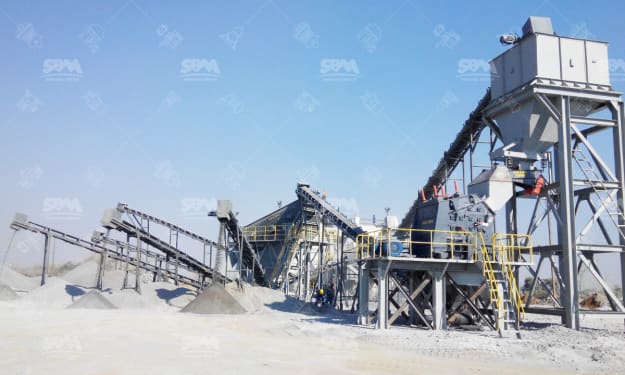
In this scenario, we explore what would happen if Krakatoa, a volcano located in Indonesia, were to erupt today. Krakatoa's historical eruption in August 1883 was one of the most catastrophic natural events on record, resulting in significant loss of life and global climate impacts.
However, before delving into the potential consequences of a modern-day eruption, it's important to note that Krakatoa experienced a collapse and subsequent eruption underwater following the 1883 event. The volcano's current height is half of its original size, so for it to pose a significant threat, it would need to regrow to its previous dimensions.
If Krakatoa were to erupt today, signs of activity would likely be observed beforehand. People residing in Indonesia's capital, Jakarta, might notice strange booming noises, accompanied by rattling doors and windows. These noises would be indicative of subterranean eruptions in the Indian Ocean.
In the days leading up to the eruption, small amounts of ash would begin to rain down, reaching as far as Southern India or Thailand. Closer to Rakata Island, the location of Krakatoa, significant amounts of steam, smoke, and volcanic material would be ejected from the volcano, affecting the surrounding ocean's surface and coastal ecosystems.
As the eruption intensifies, massive volumes of gas, ash, and molten rock would be expelled, forming a towering plume reaching heights of up to 25 kilometers. The explosive force would generate sound waves that circulate the globe, with the explosion's deafening noise audible in locations like Australia, hundreds of kilometers away.
Following the eruption, the release of volcanic ash would lead to a darkened atmosphere, blocking sunlight and causing a period of darkness that could last for several days. The collapse of parts of the volcano into the sea would trigger destructive tsunamis, endangering millions of people living in coastal regions, including those in Indonesia, Hawaii, and South America.
The ash clouds and debris resulting from the eruption would pose significant hazards to aviation, potentially causing flight cancellations and failures due to damaged flight controls and engine systems. Furthermore, the deposition of ash over vast areas, particularly in Southeast Asia, Australia, and other affected regions, would have severe consequences for agriculture, with crops and livestock struggling to survive in the ash-contaminated environment.
However, amidst the devastation, there could be a temporary positive effect on climate change. The enormous amount of volcanic dust and debris released into the atmosphere would block sunlight, leading to a decrease in average global temperatures for several years. Additionally, the presence of fine dust particles in the air would create breathtaking atmospheric phenomena, such as vibrant red and orange sunsets and sunrises, and the appearance of a greenish hue in the Sun and Moon.
Regarding the idea of a volcanic eruption as a cure for climate change, it's crucial to understand that while volcanic eruptions can temporarily cool the Earth's climate, they do not provide a sustainable solution to global warming. The long-term effects of climate change require comprehensive and coordinated efforts to reduce greenhouse gas emissions, transition to renewable energy sources, and implement sustainable practices.
While this scenario paints a grim picture of the potential consequences of a modern-day Krakatoa eruption, it's important to note that volcanic eruptions of this scale are relatively rare. Monitoring and preparedness measures are in place to mitigate the impacts of such events and protect human lives.
However, it's important to note that these potential positive effects would be temporary and outweighed by the immediate devastation caused by the eruption, including loss of life, destruction of infrastructure, and long-term environmental impacts. Stay safe





Comments
There are no comments for this story
Be the first to respond and start the conversation.